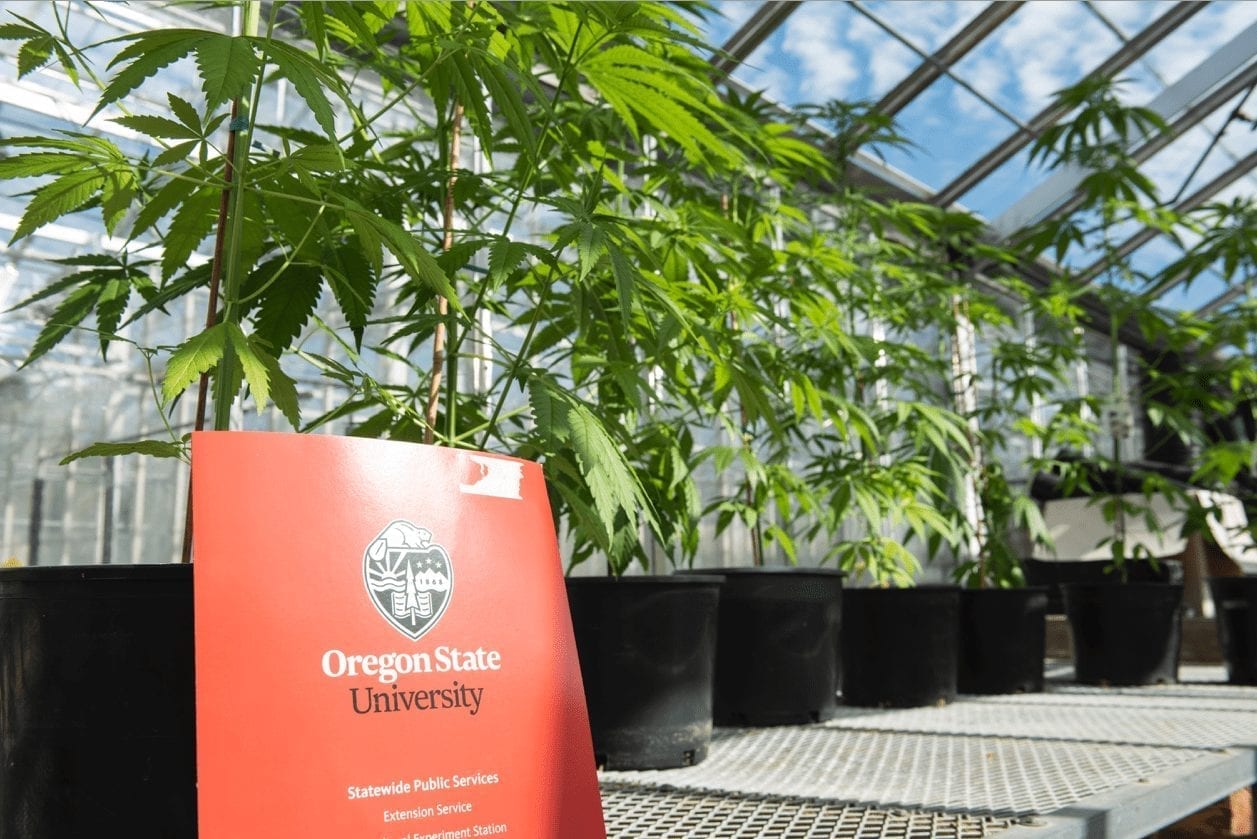According to OSU:
Currently, there are more than 40 OSU faculty representing 19 academic disciplines engaged in hemp research, teaching and extension services. The center will serve as a research hub connecting faculty and researchers engaged in plant research, food innovation, pharmacy, public health, public policy, business and engineering.
Hemp has the potential to become a major agricultural commodity in the United States and abroad with hemp plant fiber being used in manufactured products, including clothing, construction materials and packaging. Meanwhile, hemp seed oil is being investigated for use in pharmaceuticals, cosmetics, foods and nutraceuticals. For example, hemp has a long tradition of use in treating ailments by eastern medicine.
The move by OSU comes after the 2018 Farm Bill. With passage of the bill, Congress removed hemp from the nation’s list of controlled substances.
“Hemp has incredible potential across several industries and sectors, including in food and health products and as a fiber commodity in many products,” Sams said. “We believe that Oregon State University is uniquely positioned to serve the global need for research-based understanding of hemp as a crop and for its use in new products.”
OSU cited projections from the Brightfield Group, an analytics firm that tracks the cannabis industry, suggesting that “the hemp-derived cannabidiol (CBD) market is expected to grow from $618 million in 2018 to $22 billion by 2022.”
The new center will be led by Jay Noller, professor of crop and soil science at OSU.
“We want to understand how to efficiently and sustainably grow hemp for seeds, for hemp fiber materials that can be used in textiles and construction materials, including as an alternate to gravel in concrete, for hemp essential oils that have popular health and wellness uses, and for hemp grain for use in foods and feed. Multi-use hemp is what we are excited about globally.”
Noller said OSU’s hemp research center will have a global impact.
“It’s tempting to think of growing hemp to both build your house and treat disease,” Noller said. “I also like to remind people that hemp food is highly nutritious.”
But for most of the 20th century, hemp was notorious.
According to OSU:
Beginning in 1936, the federal government prohibited the propagation of hemp plants.
The 2018 farm bill decriminalized propagation of hemp, and it is anticipated that over the next year the federal government will have a framework in place to commercially produce and utilize hemp grown in the U.S
Read more from the source: KVAL.com


